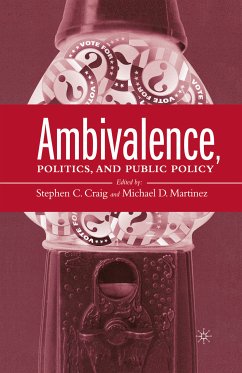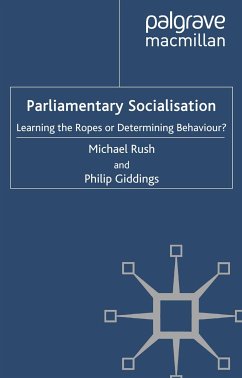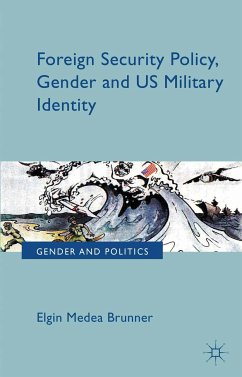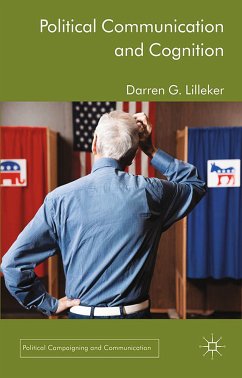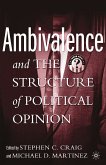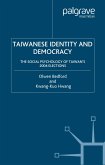Exploring the extent and nature of attitudinal ambivalence on public policy issue, these essays by distinguished scholars of public opinion examine citizens' conflicting attitudes about abortion, gay rights, environmental protection and property rights, crime and the police and church-state relations. Linking ambivalence with a complex structure of belief, the contributors link the effects of ambivalence on information processing, the formation of policy preferences, and the impact of those policy preferences on voters' decisons. Using multiple approaches to measurement and research design, this volume helps build a sturdy foundation of knowledge about the phonomenon of ambivalence and its effects on politics. The concluding chapter provides an overview of our progress in understanding the effects of ambivalence on public opinion.
Dieser Download kann aus rechtlichen Gründen nur mit Rechnungsadresse in A, B, BG, CY, CZ, D, DK, EW, E, FIN, F, GR, HR, H, IRL, I, LT, L, LR, M, NL, PL, P, R, S, SLO, SK ausgeliefert werden.

